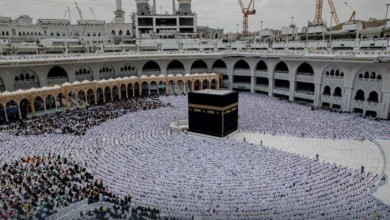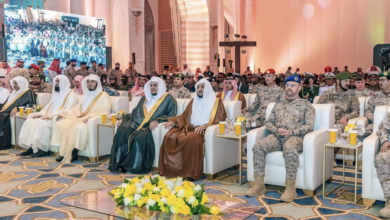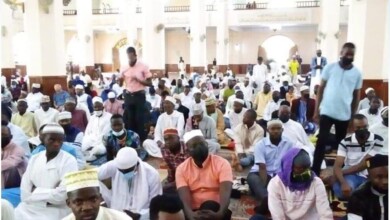Sheikh Bukenya advocates for Lumasaba translation of the Qur’an
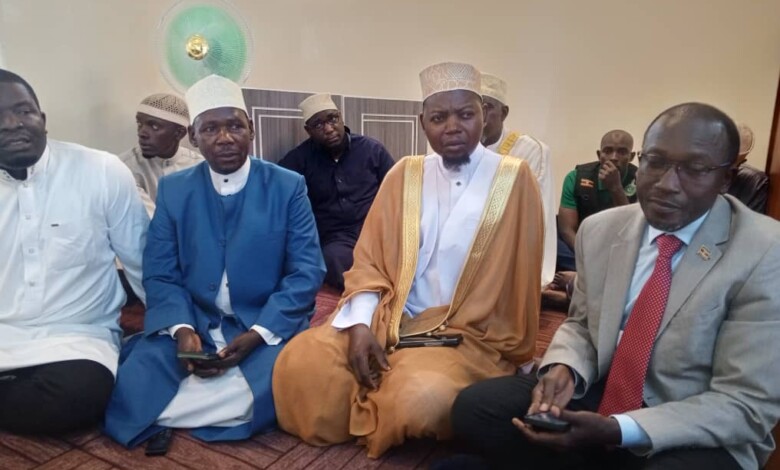
Understanding the meaning of the Quranic text is important for Muslims to remain committed to Allah’s guidance, says Sheikh Hafidh Muhammad Haruna Bukenya, the 2nd deputy Mufti. Speaking at the launch of Namagumba Centre Mosque in Namagumba, Mbale district, on Friday, January 10, 2025, Sheikh Bukenya called for the translation of the Quran into Lumasaba, a language widely spoken in Eastern Uganda.
“Currently, the Qur’an is only translated into Luganda and Runyankole in Uganda. Translating it into Lumasabawouldenable the Bamasaba to read and understand its meaning,” Sheikh Bukenya noted.
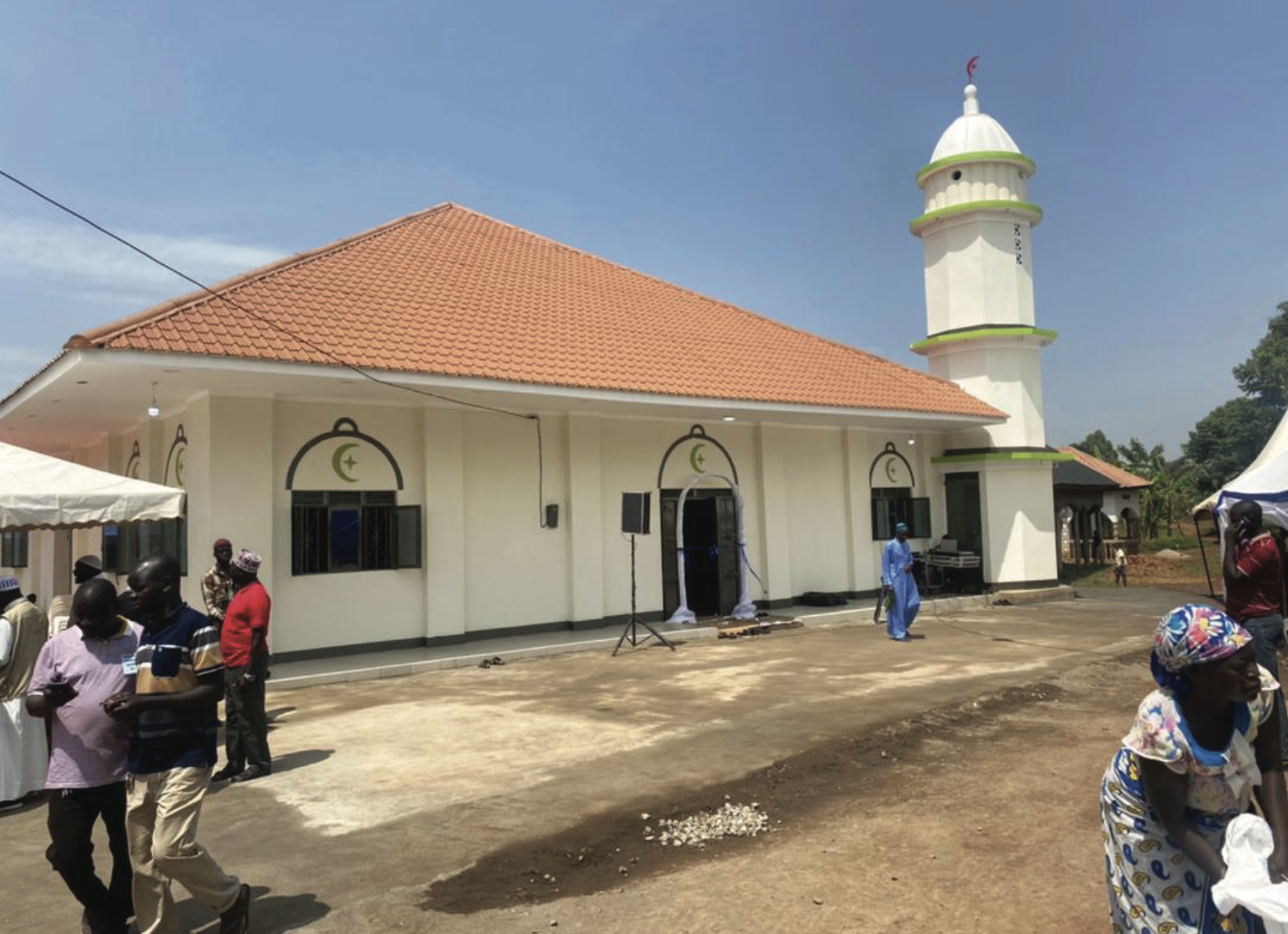
He challenged Sheikh Hamid Ahmad Wandega, the eastern regional assistant to the Mufti, and Sheikh Ahmad Masaba Pole, the Kadhi of Bugisu
Muslim district, to spearhead efforts to translate the holy Qur’an into Lumasaba.
In response,Sheikh Wandega and Sheikh Masaba welcomed the idea and pledged to engage local Lumasaba language experts to explore its implementation.

“We will consult Arabic language experts at the Islamic University in Uganda (IUIU) and Lumasaba specialists to guide this project,” Sheikh Wandega said.
During the event, Lydia Wanyoto Mutende and her rival, Rita Namuwenge, both aspirants for the Mbale City Woman parliamentary seat, contributed Shs 2 million and Shs 500,000 respectively to kickstart the translation project.
They both noted that translating the Quran would enhance local Muslims’ understanding of Islam and its teachings.
Yunus Yusuf, the director of YY coaches and courier services, financed the construction of the Namagumba Centre Mosque.
Sheikh Bukenya praised Yunus Yusuf’s philanthropy, commending his significant contribution to the mosque’s construction. He also lauded the Muslim community in Bugisu for their unity and encouraged the Namagumba community to utilize the mosque for spiritual growth and community development.
Sheikh Imran Ssali, the secretary for Religious Affairs at the Uganda Muslim Supreme Council (UMSC) reminded Muslims of their duty to construct and maintain mosques as places of worship and learning, urging them to perform the five daily prayers there.




